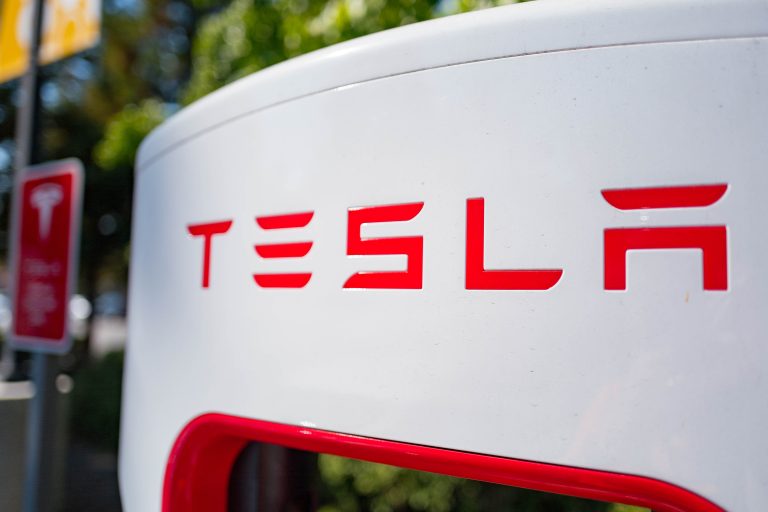Shortly after buying Twitter for $44 billion, Elon Musk sold around $4 billion worth of shares in his electric car company, Tesla, according to U.S. regulatory filings.
Musk appears to be trying to make up for lost ground following the massive deal with Twitter, forcing some setbacks on Tesla.
Massive share sales
According to the regulatory filings provided by the U.S. Securities and Exchange Commission (SEC), 19.5 million shares were sold between Nov. 4 and 7, following a net worth decline to below $200 billion. The drop was due to a loss of interest in Tesla stock by investors, Reuters reported.
In April this year, Musk sold around $8.5 billion worth of Tesla stock, and an additional $7 billion in August. The company’s shareholders also went ahead on a three-for-one stock split, which contributed to the fall in share value.
A Reuters calculation showed that Musk has a stake of about 14 percent in Tesla.
Success
You are now signed up for our newsletter
Success
Check your email to complete sign up
While the reason for the sale was not revealed, it came as Musk is expected to sell more Tesla shares to cover the costs of the Twitter deal.
Despite Musk claiming he would stop selling Tesla stock, he ended up selling $6.9 billion worth of Tesla shares in August, presumably to pay for Twitter.
Another calculation by Reuters revealed that Musk could have raised between $2 to $3 billion for Twitter, using the $20 billion he made after selling a part of his stake in Tesla, including sales from last year.
After announcing his plans to buy Twitter in April, nearly half of Tesla’s market value was lost, with Musk’s net worth falling by $70 billion. Once he took over the platform, he appears to be trying to make the platform more profitable by firing half the staff and planning to monetize the “blue tick” verification mark.
Musk hopes to raise $46.5 billion in equity and debt financing for the buyout. Meanwhile, banks like Morgan Stanley and Bank of America Corp vowed to give $13 billion in debt financing.
In addition to his 9.6 percent Twitter stake ($4 billion) and the $7.1 billion he made from equity investors — including Binance, Ron Baron’s BAMCO, Andreessen Horowitz, former Twitter CEO Jack Dorsey and Prince Alwaleed bin Talal bin Abdulaziz of Saudi Arabia — Musk committed around $33.5 billion in equity.
READ MORE:
- Twitter Fires Hundreds of Employees, Only to Ask for Several to Return Days Later
- Elon Musk Warns of a Global Recession Lasting Until Early 2024, Goes ‘Pedal to the Metal’ on Tesla Production
- Tesla Falls After Delivery Warning Sparks Doubts Over Growth Momentum
- Elon Musk Recommends Voting for Republicans in US Midterm Elections
Twitter compensations
After taking over Twitter, Musk fired approximatly half of Twitter’s staff, which led to criticism and a lawsuit against the company for allegedly violating a work-related policy. The policy requires companies of more than 100 workers to give 60 days before a notice of layoff is given, BBC reported.
Musk posted on Twitter, saying he had “no choice” but to move forward with the layoffs, considering the company is losing $4 million a day. He also pinned the blame on “activist groups pressuring advertisers” for a large drop in revenue following his acquisition.
With the monetization of the “blue tick” system, Musk plans to charge users $8 a month for the verification mark.
Tesla recalls
On Nov. 8, Tesla was forced to bring back 40,000 cars in the U.S. due to a potential issue regarding risks in the vehicles’ power-steering assist system.
The National Highway Traffic Safety Administration said that Tesla would need to provide “greater steering effort” to reduce the risk of crashes. The company launched a software patch to the system, but is unaware if there were any injuries or deaths caused by the problem.















